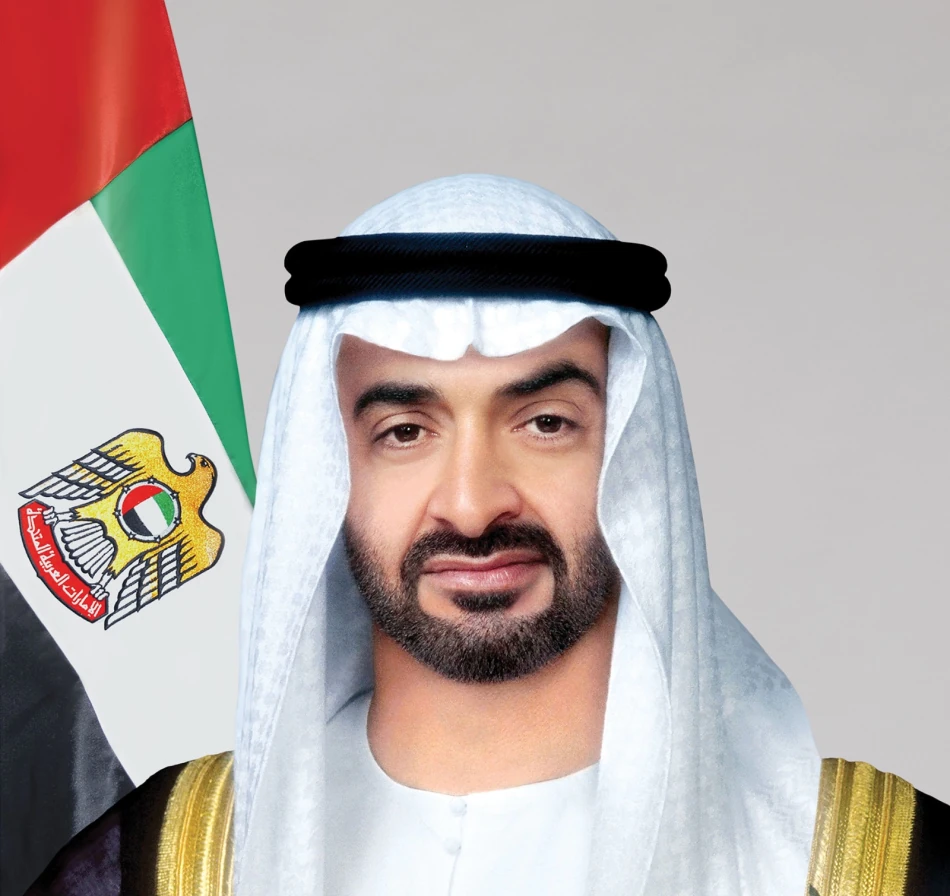
UAE President Embarks on Official Visit to Russia, Strengthening Bilateral Ties
UAE-Russia Summit: Strategic Partnership Takes Center Stage Amid Shifting Global Alliances
UAE President Sheikh Mohammed bin Zayed Al Nahyan embarks on an official visit to Russia Thursday, signaling the Gulf nation's continued commitment to diversifying diplomatic and economic partnerships despite Western sanctions on Moscow. The high-level meeting with President Vladimir Putin underscores how middle powers are reshaping global trade relationships in an increasingly multipolar world.
Economic Pragmatism Drives Diplomatic Engagement
The summit agenda focuses heavily on expanding bilateral cooperation across energy, trade, and investment sectors — areas where both nations possess significant complementary strengths. Russia's vast energy reserves and industrial capacity align strategically with the UAE's position as a regional financial hub and gateway to emerging markets.
This partnership reflects the UAE's long-standing policy of maintaining diplomatic neutrality while pursuing economic opportunities. Unlike European nations that severed business ties with Russia following the Ukraine conflict, Gulf states have largely maintained commercial relationships, viewing economic engagement as separate from geopolitical disputes.
Strategic Implications for Global Markets
Energy Sector Dynamics
The energy discussions carry particular weight as both nations navigate complex OPEC+ dynamics and shifting global demand patterns. Russia's need for alternative export routes and investment sources, combined with the UAE's expertise in energy infrastructure and trading, creates natural synergies that could reshape regional energy flows.
Financial and Investment Channels
Dubai's status as a sanctions-neutral financial center has made it an attractive destination for Russian capital and businesses seeking alternative operational bases. This trend has accelerated since 2022, with Russian investments in UAE real estate and business registrations reaching record levels.
Broader Geopolitical Context
The timing of this visit reflects broader shifts in international relations, where traditional alliances are being supplemented by pragmatic partnerships. The UAE's approach mirrors similar strategies employed by Singapore, Turkey, and India — maintaining Western partnerships while expanding ties with sanctioned nations.
This diplomatic balancing act has proven economically beneficial for the UAE, which has seen increased trade volumes with both Russian and Western partners. The strategy demonstrates how smaller nations can leverage their neutral status to become essential intermediaries in a fragmented global economy.
Market and Investment Outlook
For investors and multinational corporations, the UAE-Russia partnership represents both opportunities and challenges. Companies operating in the region must navigate complex compliance requirements while potentially benefiting from new trade corridors and investment flows.
The strengthening ties also position the UAE as an increasingly important player in alternative financial systems and trade mechanisms that bypass traditional Western-dominated channels. This could accelerate the development of regional payment systems and commodity trading platforms that reduce dependence on dollar-denominated transactions.
As global supply chains continue restructuring around geopolitical realities, partnerships like the UAE-Russia alliance may become templates for how nations balance economic pragmatism with diplomatic complexity in an era of competing power blocs.
Most Viewed News

 Sara Khaled
Sara Khaled






